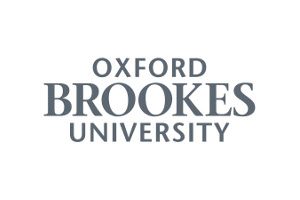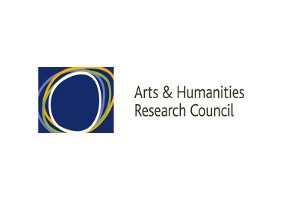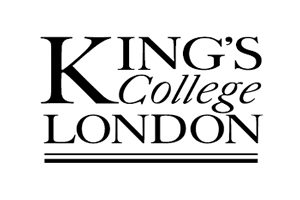Sarah Trimmer
(b. Jan. 6, 1741, Ipswich, Suffolk – d. Dec. 15, 1810, Brentford, Hounslow, London )
Gender: F
Sarah Kirby (1741-1810) was the daughter of Joshua Kirby and Sarah Bell. She was born in Ipswich but moved to London in 1755 when her father, a noted artist, became tutor to the Prince of Wales. In 1762 she married James Trimmer, and they had twelve children. She educated all of her children, and became active in the Sunday School movement, founding a school for poor children in Brentford in 1786, which was followed by several other schools in the neighbourhood. These became so well-known that Queen Charlotte asked her advice on founding a Sunday School in Windsor. In 1786, Trimmer published The Œconomy of Charity, defending the schools against those who objected that teaching the poor to read would result in social upheaval, since they would read seditious and anti-religious publications. Trimmer insisted that, on the contrary, reading the Bible would instil not only personal morality but a respect for the established social hierarchy. Over the following 25 years, she published between 30 and 40 works, including textbooks, teaching manuals, children’s literature and political pamphlets. Her textbooks are regarded as less systematic than those produced by Anna Barbauld, and less inclined to promote individual analysis. From 1802-1806 she published a journal, the Guardian of Education which included ideas for the instruction of children and also reviews of over 400 contemporary children’s books. She also used it as an opportunity to condemn the French revolution and the philosophers whose works she believed underpinned it, particularly Jean-Jacques Rousseau. She argued that there was a vast conspiracy, organized by the atheistic and democratic revolutionaries of France, to overthrow society by infecting the minds of the younger generation. As a high-church Anglican, she also tried to persuade the authorities to restrict the growth of Dissenting schools.
Also known as:
- Sarah Trimmer
No transcribed or un-transcribed letters| show transcribed only
Please note that all dates and location information are provisional, initially taken from the library and archive catalogues. As our section editors continue to work through the material we will update our database and the changes will be reflected across the edition.
Browser support: The website works best using the Chrome, Edge, and Firefox browsers on the PC, and only Chrome and Firefox on the Mac.




